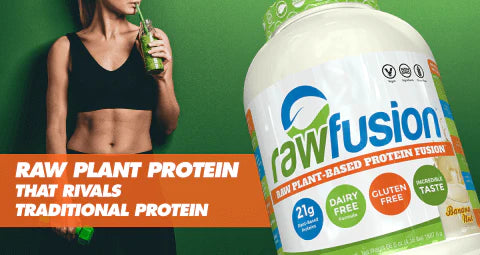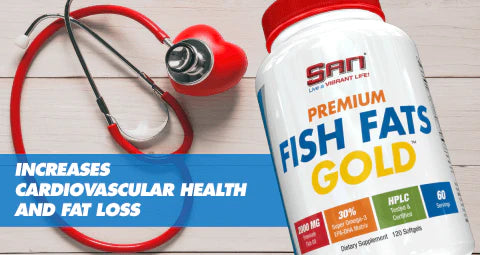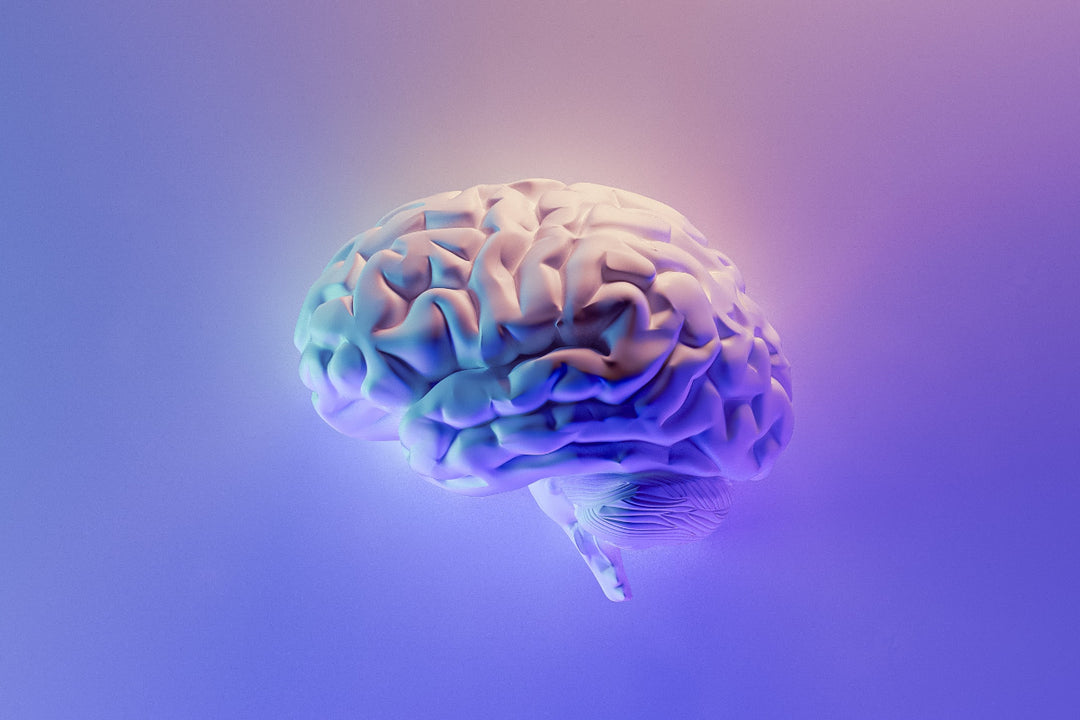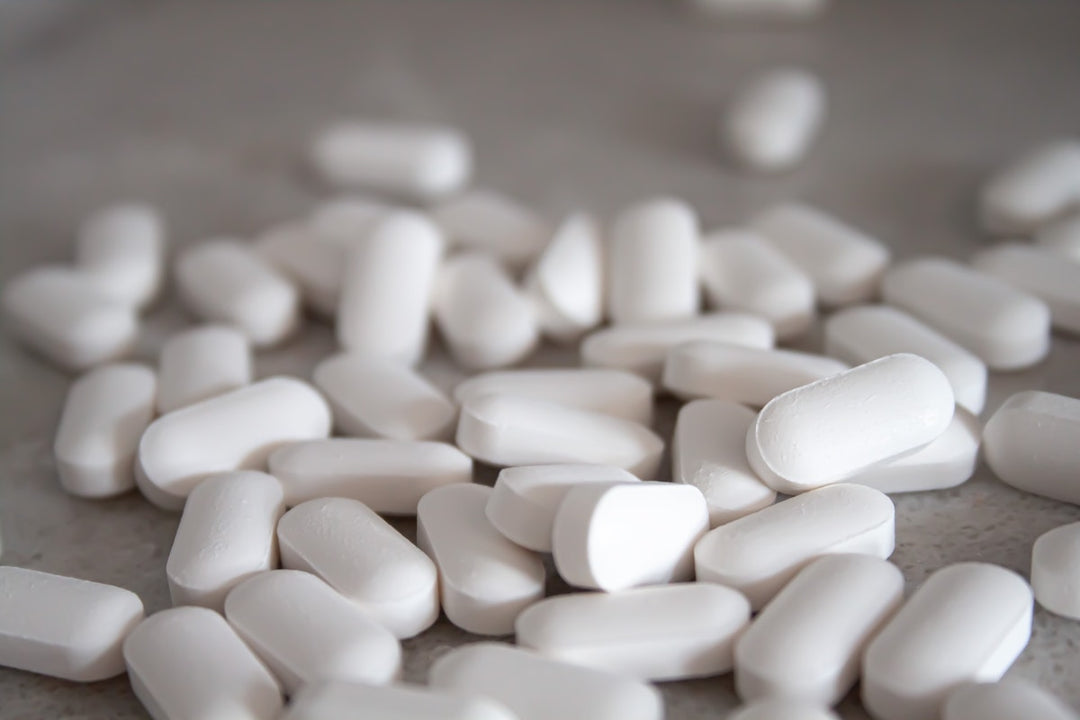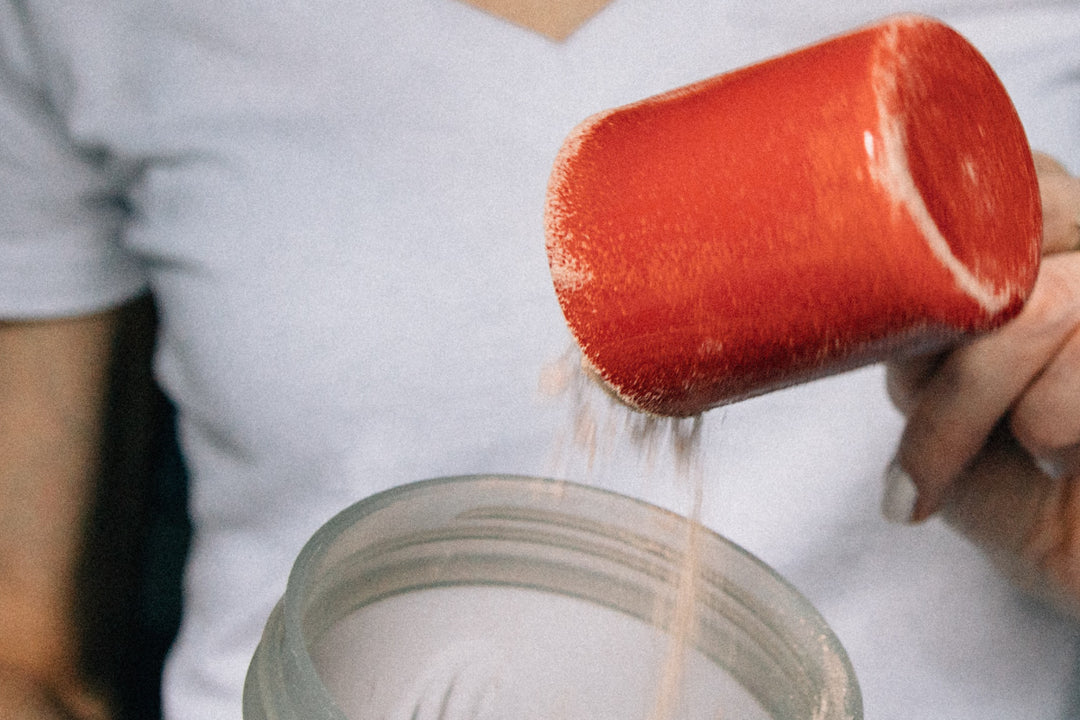Caffeine is one of the most commonly used stimulants in the world, but that's mostly because of the extreme popularity of coffee, energy drinks, and other caffeinated beverages. Most people don't think about the health benefits of caffeine while they're drinking their favorite cup of coffee-they just want the taste and the buzz. But caffeine is good for more than just a morning or midday pick-me-up.
Here's a look at the health benefits and a few drawbacks of caffeine consumption...
Caffeine: The Good
EnergyMany people who drink coffee do so because of the energy boost it gives them. Caffeine-infused beverages of all sorts have even been labeled as “energy†drinks, but that's really a bit of a misnomer. Caffeine doesn't actually give you physical energy, even though that's how it's perceived. Caffeine actually stimulates brain activity, and a side effect of that is the release of epinephrine, which in turn stimulates your nervous system. And that's what makes you think you have more energy.
That's not to say caffeine use doesn't deliver benefits toward physical activity, however. In fact, the Journal of Strength & Conditioning has shown that caffeine use can improve exercise performance, so there are definite athletic benefits to caffeine use in resistance training, endurance exercises, and sports that demand increased stamina, as well as sports and activities that require high-speed reaction times.
Mental AlertnessAs already mentioned, caffeine stimulates brain activity which coincides with increased mental functioning and alertness. Short-term memory can also benefit, which makes caffeine ideal for students or anyone who works long and/or late shifts requiring deep concentration. And it's obviously great for anyone who's suffering from a lack of rest but needs full mental alertness.
Plus, according to the Science and Technology group at Australia's Department of Defense, caffeine usage can minimize driver error. That's got obvious benefits for emergency service workers and transportation drivers who work long shifts with minimal sleep, but the same can be said for just about any mentally demanding job.
Increased mental alertness can be directly tied into a heightened sense of focus, too. Everyone from students to those working in office settings may find that caffeine supplementation or caffeinated beverages can increase productivity and creativity.
Weight LossIt's no coincidence that most weight-loss supplements contain caffeine. It works! We've already pointed out the stimulant effects that enable a higher level of intensity and focus during exercise, but it's much more than just increased physical performance when it comes to the weight-loss effects.
Caffeine kick starts the lipolysis process, which means it triggers the release of stored body fat into you blood stream where it makes its way into your cells and gets burned off as energy. So, it helps boost your metabolism and allows you to literally burn more fat. Plus, caffeine can curb your appetite to a certain degree so you don't get severe food cravings if you're on a calorie-restricted diet.
Caffeine: The Bad
Too much of anything can be bad for you, and that's just as true for caffeine as it is with anything else. Although its benefits normally outweigh any drawbacks, there are certain precautions you should take with caffeine consumption regardless of its source.
Caffeine acts as a mild diuretic, so it's important to make sure you're always well hydrated, especially when you're physically active or in a particularly warm climate. Hydration is a key to good health regardless of activity and weather anyway, but always stay on top of it when you're using caffeine.
Those same stimulant effects we mentioned that help in so many ways can also affect your sleep patterns. Therefore, it's generally recommended to avoid caffeine later in the day so it doesn't disrupt your regular sleep patterns.
If you've never had coffee before or had any form of caffeine, it's best to test dosages to gauge your tolerance, but certain people should avoid caffeine all together. If you're pregnant, have blood pressure issues, any sort of cardiac problems, or anxiety disorders, or if you're using any other form of stimulant, caffeine is probably best left alone. Caffeine: Nature's Boost If you're healthy and need a mental boost, want an uptick in your metabolism to shed some weight, or you just feel the need for a bit of a pick-me-up, caffeine is one of nature's greatest helpers. And if you don't like coffee or energy drinks, you've got other great options. One of the biggest benefits of a quality caffeine supplement like SAN's Caffeine capsules is that with 200mg of HPLC tested and certified caffeine anhydrous, you know exactly how much caffeine you're getting (versus ever-changing amounts in coffee). Plus, you can avoid those sugar-laden energy drinks, and you can take it with you anywhere for a quick and easy kick whenever you need it."



